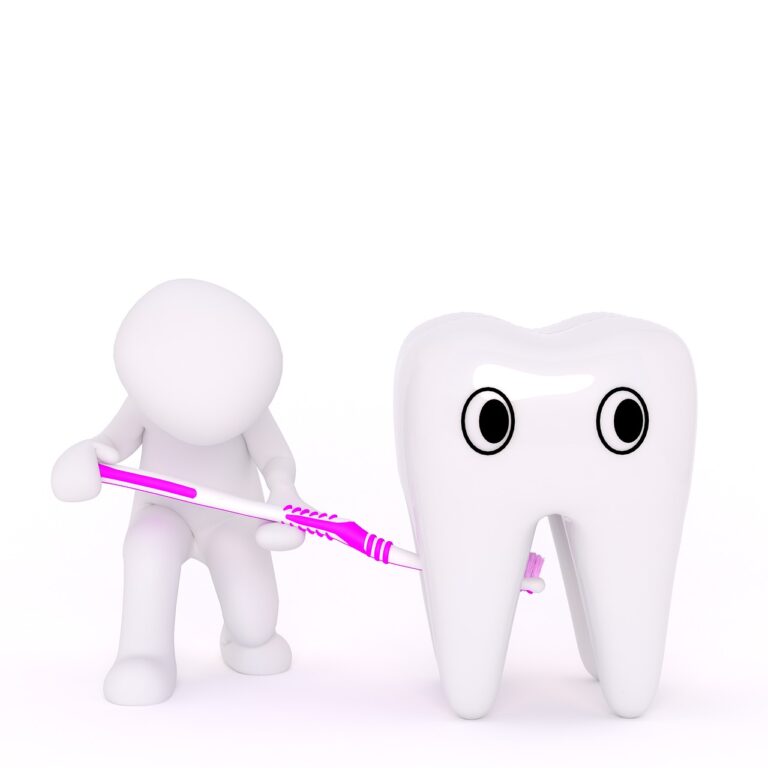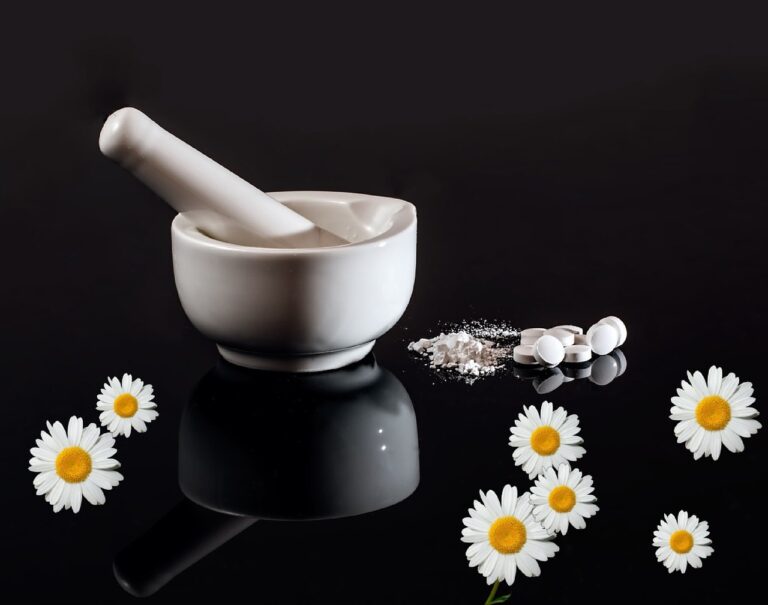Understanding the Connection Between Stress and Hair Loss
all panel login, mahadev book online, get cricket id:Understanding the Connection Between Stress and Hair Loss
Stress is a common issue that many people face in their daily lives. Whether it’s due to work pressure, relationship problems, financial concerns, or other factors, stress can have a significant impact on our overall health and well-being. One of the lesser-known effects of stress is its impact on hair health and hair loss.
Hair loss can be a distressing experience for both men and women. It can affect self-esteem and confidence, leading to further stress and anxiety. Understanding the connection between stress and hair loss is essential for finding ways to prevent or manage this issue effectively. In this article, we will explore the relationship between stress and hair loss, as well as ways to address and alleviate the problem.
The Stress-Hair Loss Connection
Hair loss can occur due to a variety of factors, including genetics, hormonal changes, and medical conditions. However, stress is also a significant contributor to hair loss. When we experience stress, our bodies release cortisol, a hormone that plays a role in the body’s response to stress. Elevated cortisol levels can disrupt the hair growth cycle, leading to hair loss.
Chronic stress can also lead to conditions such as telogen effluvium, a type of hair loss characterized by excessive shedding of hair. This condition is usually temporary and can be triggered by stressful events such as illness, surgery, or emotional trauma. While telogen effluvium typically resolves on its own, managing stress is crucial for preventing further hair loss.
Ways to Manage Stress-Induced Hair Loss
If you are experiencing hair loss due to stress, there are several steps you can take to manage the issue effectively. Here are some tips to help you address stress-induced hair loss:
1. Practice Stress-Relief Techniques: Incorporate stress-relief techniques such as meditation, yoga, deep breathing exercises, or mindfulness practices into your daily routine. These techniques can help reduce stress levels and promote relaxation, which can benefit both your hair and overall health.
2. Get Adequate Sleep: Lack of sleep can contribute to increased stress levels and may exacerbate hair loss. Aim for at least 7-8 hours of quality sleep each night to support your body’s natural ability to repair and regenerate, including hair growth.
3. Eat a Balanced Diet: Nutrient deficiencies can contribute to hair loss, so it’s important to eat a balanced diet rich in vitamins, minerals, and proteins. Include foods that support hair health, such as leafy greens, lean proteins, nuts, seeds, and whole grains.
4. Stay Hydrated: Dehydration can stress the body and impact hair health. Make sure to drink an adequate amount of water each day to support overall hydration and promote healthy hair growth.
5. Avoid Harsh Hair Treatments: Overprocessing your hair with chemicals, heat styling, or tight hairstyles can contribute to hair damage and hair loss. Be gentle with your hair and avoid practices that may stress or damage the hair follicles.
6. Seek Professional Help: If you are struggling to manage stress or experiencing severe hair loss, it may be beneficial to seek help from a healthcare professional or a dermatologist. They can provide personalized advice and treatment options to address your specific concerns.
FAQs
Q: Can stress-induced hair loss be reversed?
A: In many cases, hair loss due to stress is reversible once the underlying stress is addressed and managed effectively. However, it may take time for hair growth to return to normal, so patience is key.
Q: How long does it take for hair to regrow after stress-induced hair loss?
A: Hair regrowth timelines can vary depending on the individual and the underlying cause of hair loss. In general, it may take several months for new hair growth to become visible after addressing stress-induced hair loss.
Q: Are there specific supplements that can help with stress-induced hair loss?
A: Certain supplements, such as biotin, vitamin D, and iron, may support hair health and growth. However, it’s essential to consult with a healthcare provider before taking any supplements to ensure they are safe and appropriate for your needs.
In conclusion, stress can have a significant impact on hair health and contribute to hair loss. By understanding the connection between stress and hair loss and taking steps to address stress effectively, you can support healthy hair growth and overall well-being. Remember to prioritize self-care, stress management, and healthy habits to promote optimal hair health.







